Why Dog Losing Weight But Eating – Find Shocking Reason!
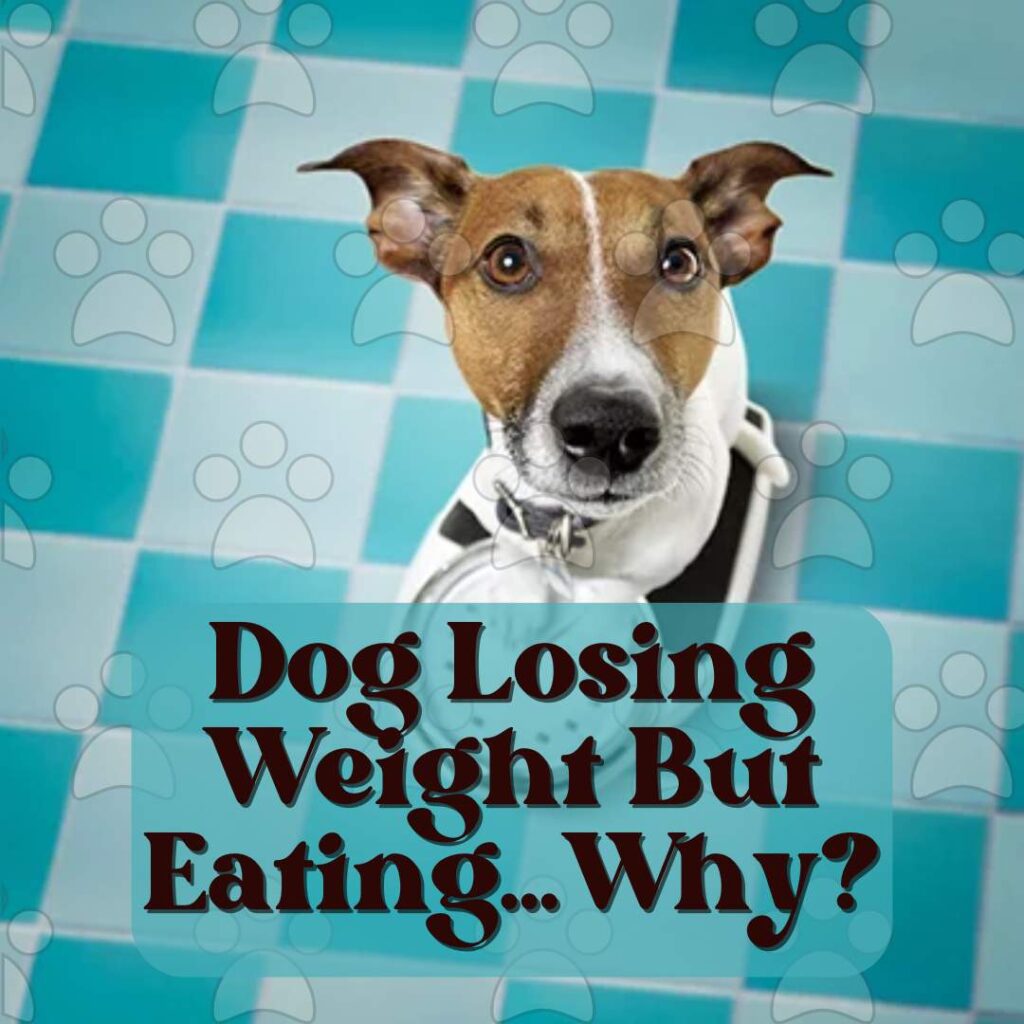
The reasons behind the dog losing weight but eating can be health issues like chronic diseases, parasitic infections or digestive disorders.
This can also happen because of poor or irregular diet and allergies. Stress and anxiety can also cause weight loss in dogs.
It is very important to find the root cause of weight loss. It will help the dog owners to identify any serious hidden problems. This will be vital in starting treatment in the early stages.
Weight loss can be because of:
In this article, we will discuss every point that can cause weight loss in dogs.
Understanding Weight Loss in Dogs
Dogs can experience fluctuations in their weight like it happens in humans. A significant or rapid can be a sign of an underlying health issue. Understanding normal and abnormal weight loss is the first step in addressing the issue.
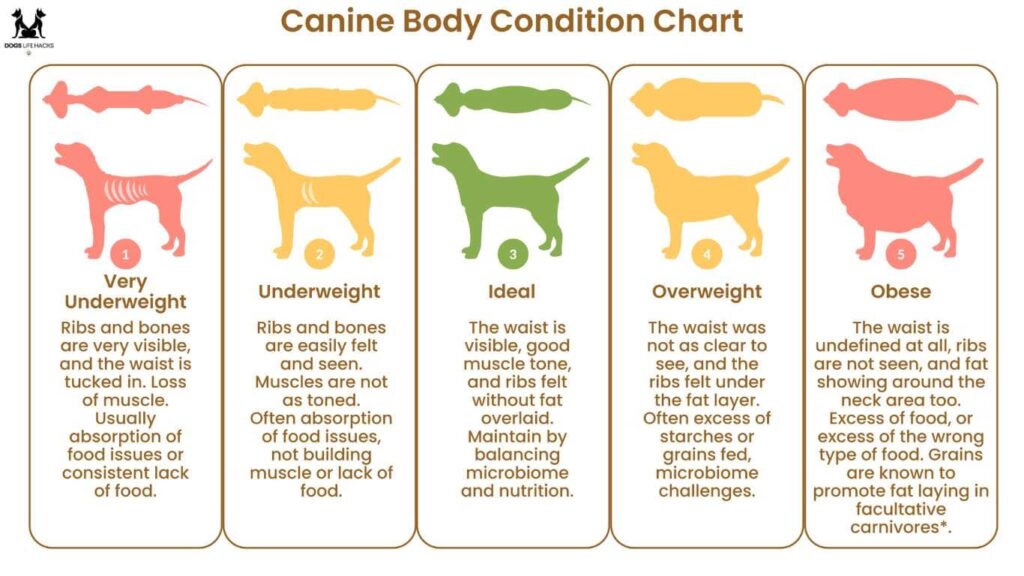
Common Causes of Weight Loss in Dogs
Chronic Diseases
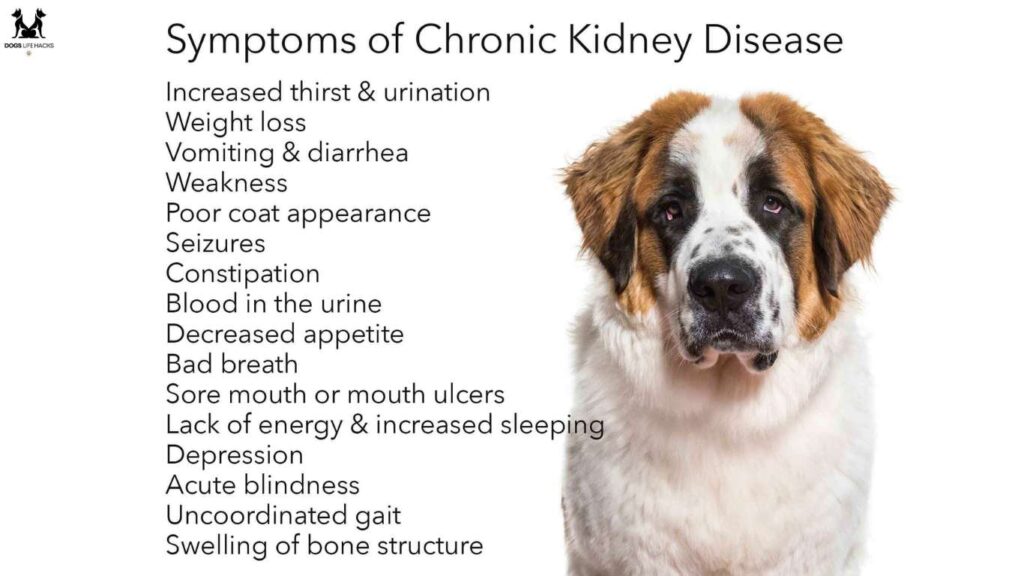
Diabetes
Diabetes can cause severe weight loss in dogs even with a good diet. This happens because their bodies are unable to use glucose and as a result, it leads to muscle and fat breakdown for energy.
Kidney Disease
When kidneys stop filtering the water in the body, results in a variety of symptoms, including weight loss. This may also increase thirst and urination in dogs.
Parasitic Infections
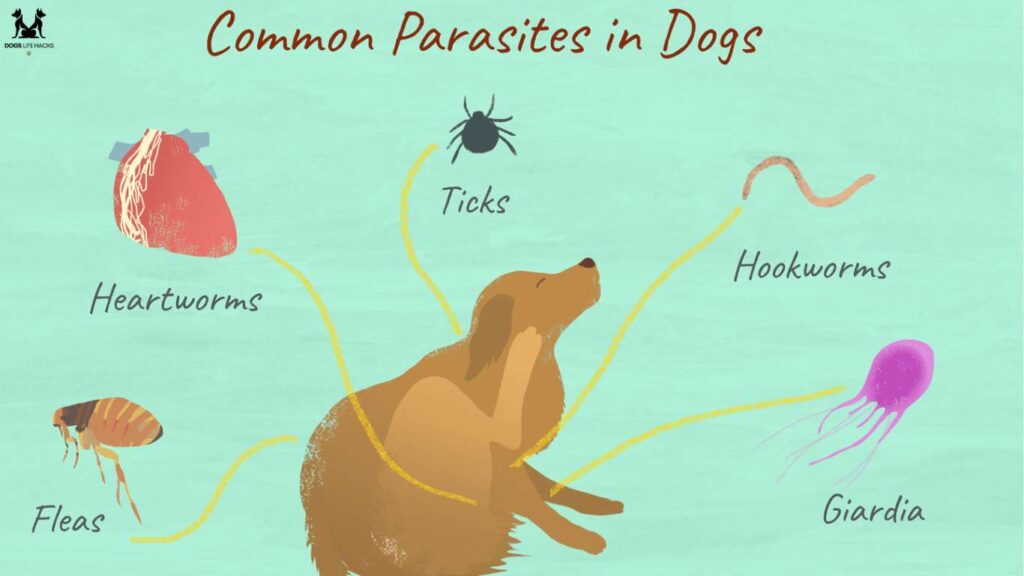
Intestinal Parasites
Worms in the intestines and gut of the dogs can steal nutrients from your dog’s diet. This can cause weight loss despite good food. In this case, consult your vet regularly for deworming.
Heartworms
Heartworms affect the heart and lungs of the dog. These parasites can cause significant health issues, including weight loss making it harder for your dog to thrive.
Digestive Disorders
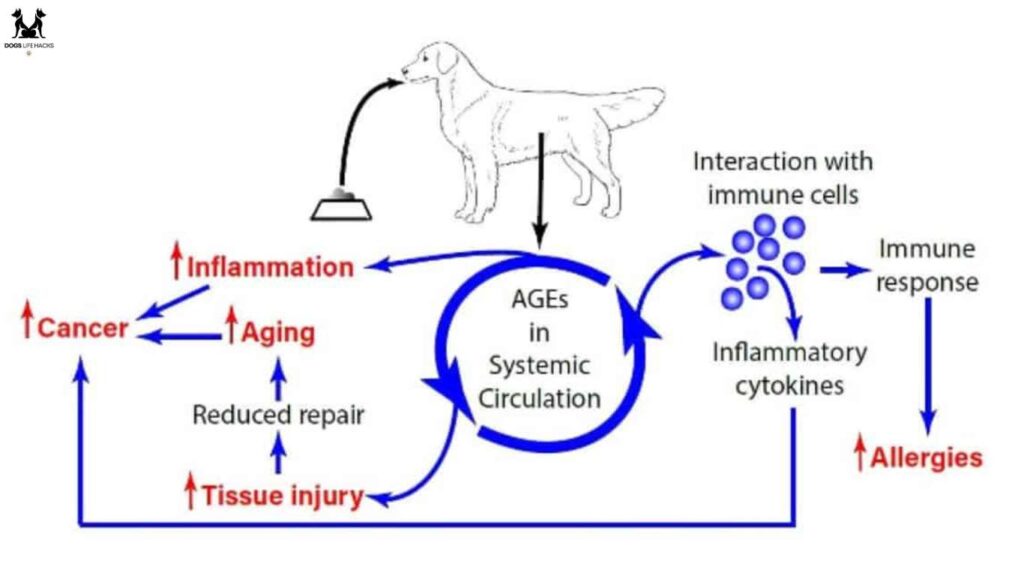
Inflammatory Bowel Disease (IBD)
IBD causes chronic inflammation in the gut causing poor nutrient absorption and weight loss. Dogs with IBD might also have diarrhea and vomiting.
Exocrine Pancreatic Insufficiency (EPI)
In EPI food does not digest properly because the pancreas fails to produce enough enzymes. This results in weight loss because your dog cannot use the nutrients from the food.
Nutritional Factors
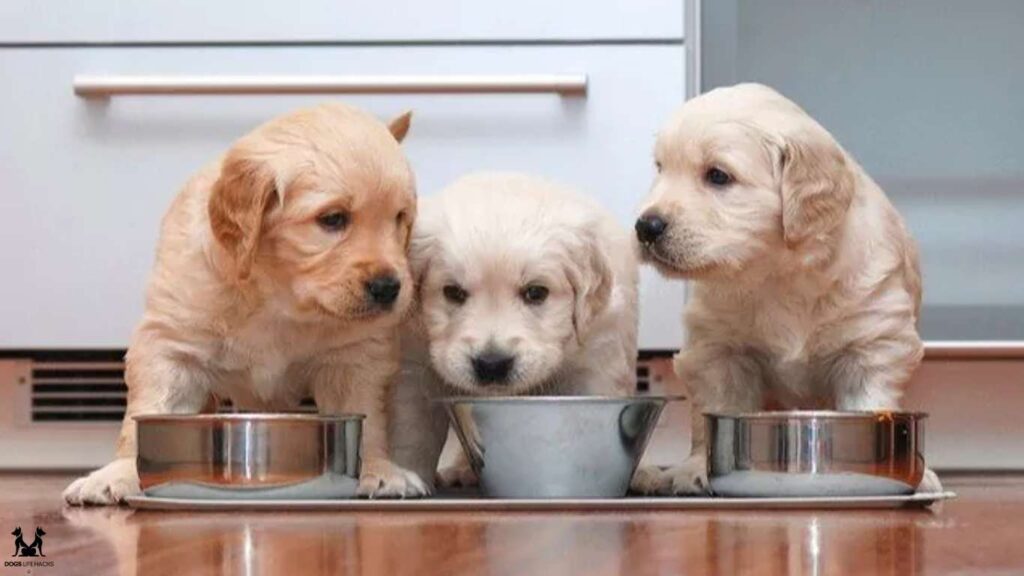
Poor Diet
A poor diet without essential nutrients can cause weight loss in dogs. Ensure your dog gets a healthy, balanced, and high-quality diet to maintain their weight and overall health.
Food Allergies
Food allergies can cause weight loss if your dog does not digest certain ingredients properly. Identifying and eliminating food-causing allergies from their diet can be beneficial.
Behavioral Factors
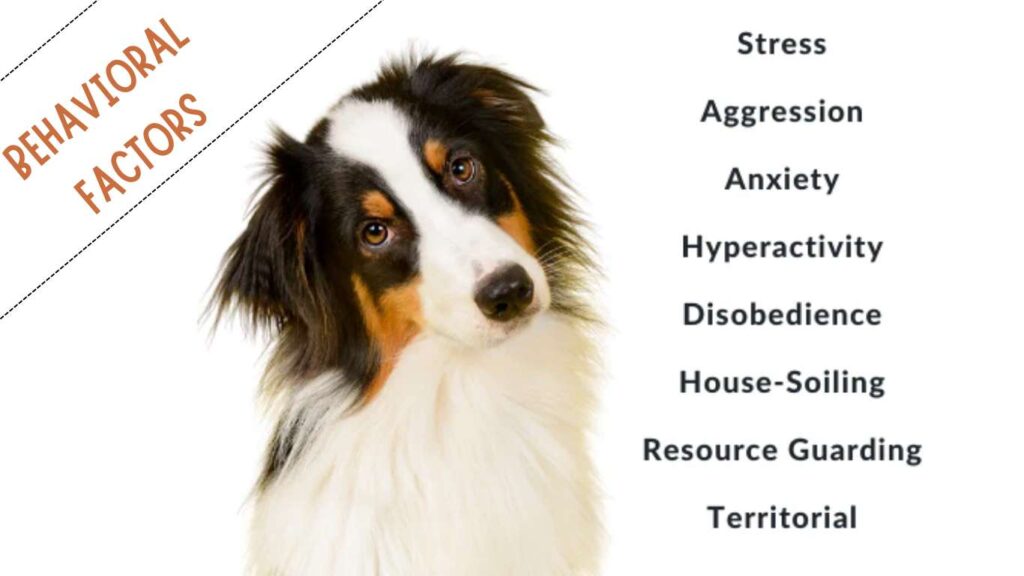
Stress and Anxiety
Dog’s eating habits and metabolism are affected by stress and anxiety. This can be a major factor in weight loss. Exposure to the environment and changes in routine can contribute to this issue.
Identifying Symptoms Accompanying Weight Loss
Changes in Appetite
It includes the change of course and routine of eating food. Noticing these changes can help in identifying the hidden causes.
Vomiting or Diarrhea
Weight loss can also be a result of frequent vomiting or diarrhea, It can cause loss of salts and minerals and prevents your dog from absorbing nutrients. Monitor your dog and consult your vet to cure it at early stages.
Lethargy and Fatigue
Weigh loss results in slowness and tiredness in dogs. This can be a sign of health issues that need treatment.
Diagnostic Tests for Determining Cause
Blood Tests
Blood tests can help diagnose health issues including diabetes, kidney disease, or infections that could be causing weight loss.
Fecal Examinations
Stool examination can reveal the presence of parasites or other digestive issues causing weight loss.
Imaging (X-rays, Ultrasounds)
X-rays and ultrasounds can give an internal picture and help diagnose internal issues such as tumors or organ dysfunctions that affect your dog’s weight.
Treatment Options
Medical Treatments
Your vet might prescribe medications depending on the diagnosis to treat underlying conditions such as infections or chronic diseases.
Dietary Adjustments
A high-quality and nutrient-rich diet can help in gaining weight. For specific needs of dogs, consult your vet for recommendations.
Managing Stress and Anxiety
A stable environment, regular exercise, and mental stimulation can help reduce stress and anxiety in your dog.
Preventing Weight Loss in Dogs
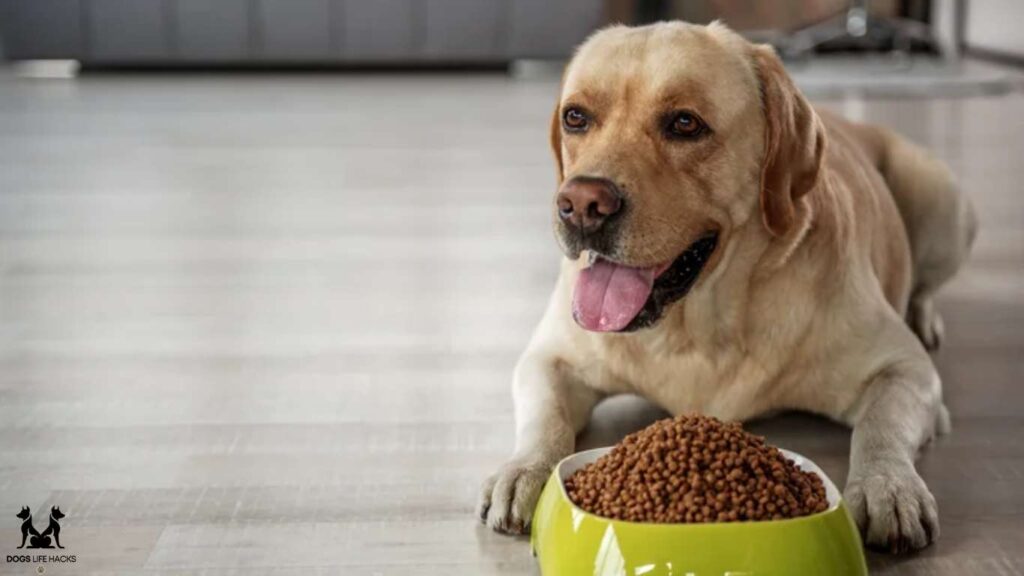
Regular check-ups with the vet are important to try and determine any problems with the health of your dog early enough.
It is also very important to feed your dog the right food and in the right proportions to avoid instances of the dog losing weight and getting sick.
Weight loss in your dog could be due to parasitic infections hence the need to deworm your dog periodically and apply flea treatments.
Home Care Tips for Maintaining Healthy Weight
Note every food and treat for your dog as well as quantity and type of food. This can assist in identifying any changes that may lead to such a characteristic or might show that a certain characteristic is worsening or improving.
Feed your dog a diet that is balanced and should meet the age, size, and activity level of your dog. Healthy dog food or cooked food in commercial meals or the kitchen will suffice for the nutrients the dogs need.
Physical activity assists in preventing obesity and other health-related issues. Others include it can challenge your mind and also help to relieve stress.
When to See a Veterinarian
If the dog losing weight rapidly or displaying other adverse signs such as vomiting, diarrhea, or weakness, the pet must be taken to a veterinarian as soon as possible.
It is recommended to take your dog to the veterinarian for a routine check-up to avoid or spot any problem that could affect her health. It is advised that they make follow-up visits at least once a year or twice a year helping them to check on their weight and health status.
Summary of Dog Losing Weight But Eating
Lastly, it is indicated that if a dog is losing weight but insists on taking food it implies there is a worry of one nature or another. Thus, knowing possible causes and trying to prevent them, you and your dog will be healthy and happy. It is essential to seek professional advice from your vet whether you are trying to prevent your pet from getting pregnant or seek treatment for this condition.
FAQs About Dog Losing Weight But Eating
Why is my dog getting skinny but eating a lot?
If you have realized that your pet has become thin regardless of its good food, then kindly call a veterinarian. Here are common causes your dog is losing weight: Poor diet; a diet that does not provide adequate nutrients. Consuming high quantities of vitamins and minerals in food can be easily washed out by vomiting, frequent urination, and diarrhea.
Why is my old dog losing weight but still eating?
This can be because of liver/gallbladder disease, dehydration, dental, kidney disease, heart disease, diabetes, cancer, and arthritis
Why is my dog not gaining weight but eating?
It can be due to a condition like hyperthyroidism or a parasitic infection like Giardia) or you’re simply not feeding them enough.
Should I worry if my dog is losing weight?
Weight loss in dogs can be a matter of concern if it is rapid or because of any disease.
More About Dogs
- My Dog Has Diarrhea But Is Acting Fine – What Should I Do?
- Can Dogs Get Cavities? Find out Shocking Truth & Treatment
- Can Dogs Eat Mackerel? Benefits, Risks & Surprising Truth!
- Is Avocado Oil Bad For Dogs? Discover Cons & Pros & Truth
- Is Chicken Liver Good For Dogs Complete Guide – Cons & Pros
- Can You Feed Dogs Raw Chicken? Hidden Risks & Benefits
- Why Is My Dog Chattering Teeth? Shocking Reasons Revealed!
- What to Do If Cut On Dog Paw Pad: Comprehensive Guide
- Healthy Chews for Dogs That Clean Teeth & Satisfy Cravings!
- Stop! Can Dogs Eat Feta Cheese? Safe or Harmful? Find Out!

One Comment